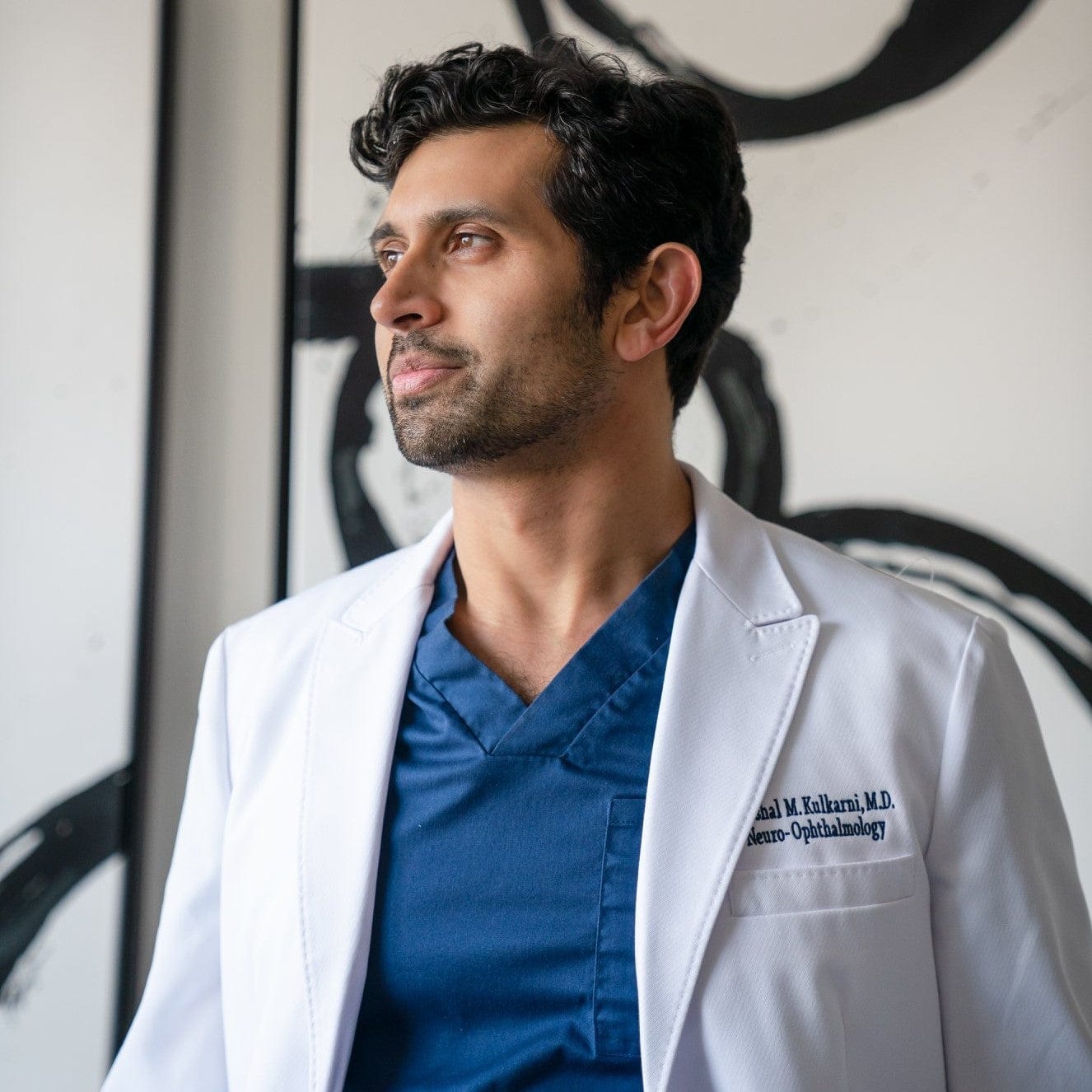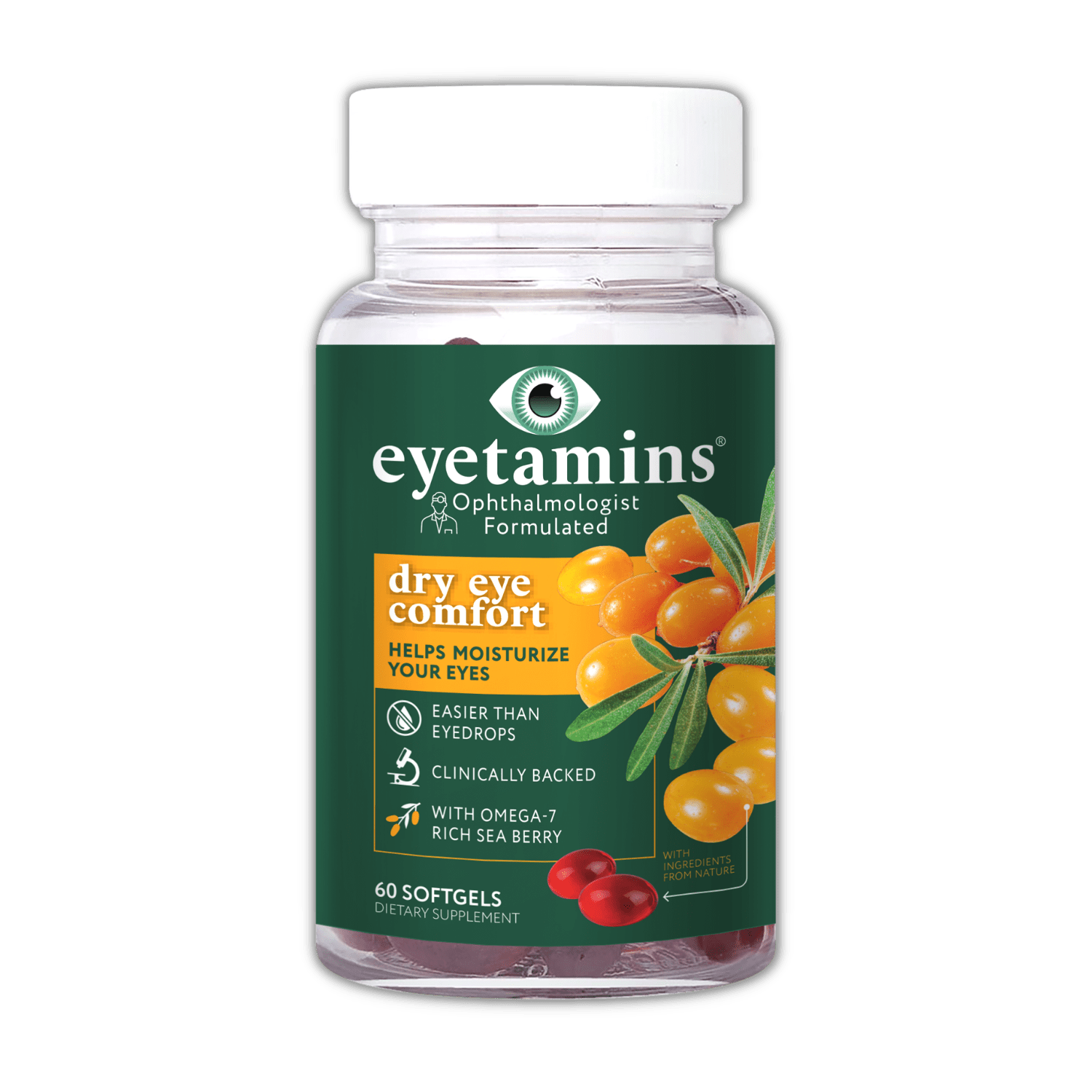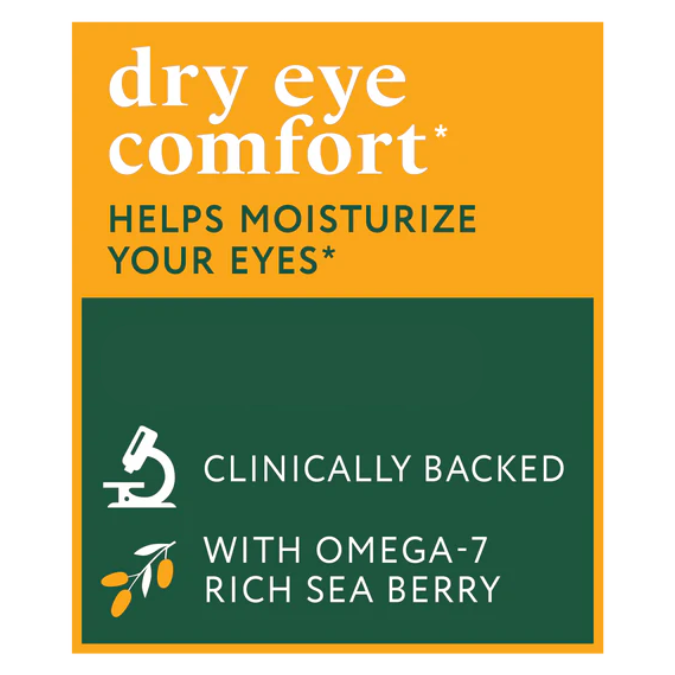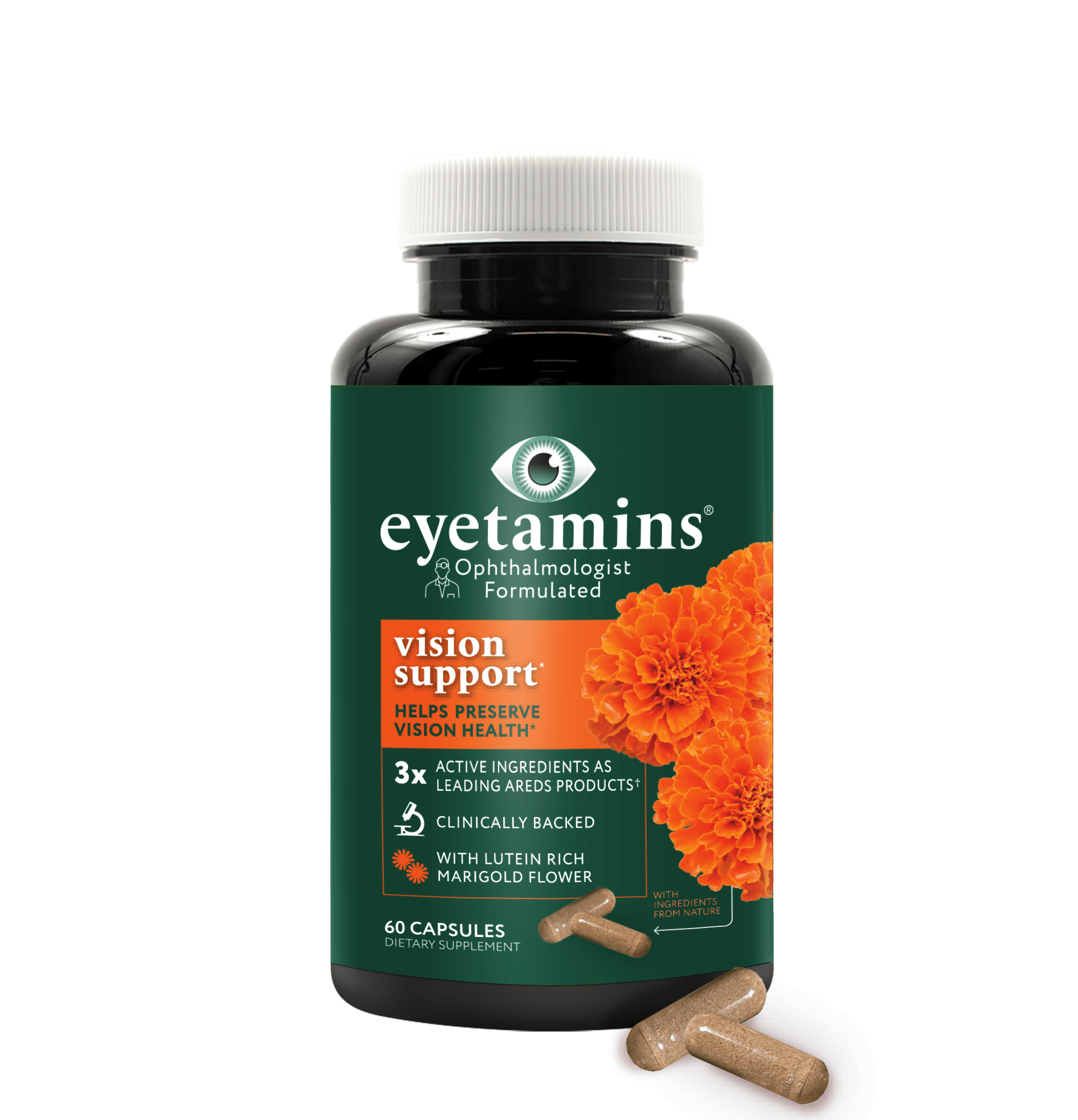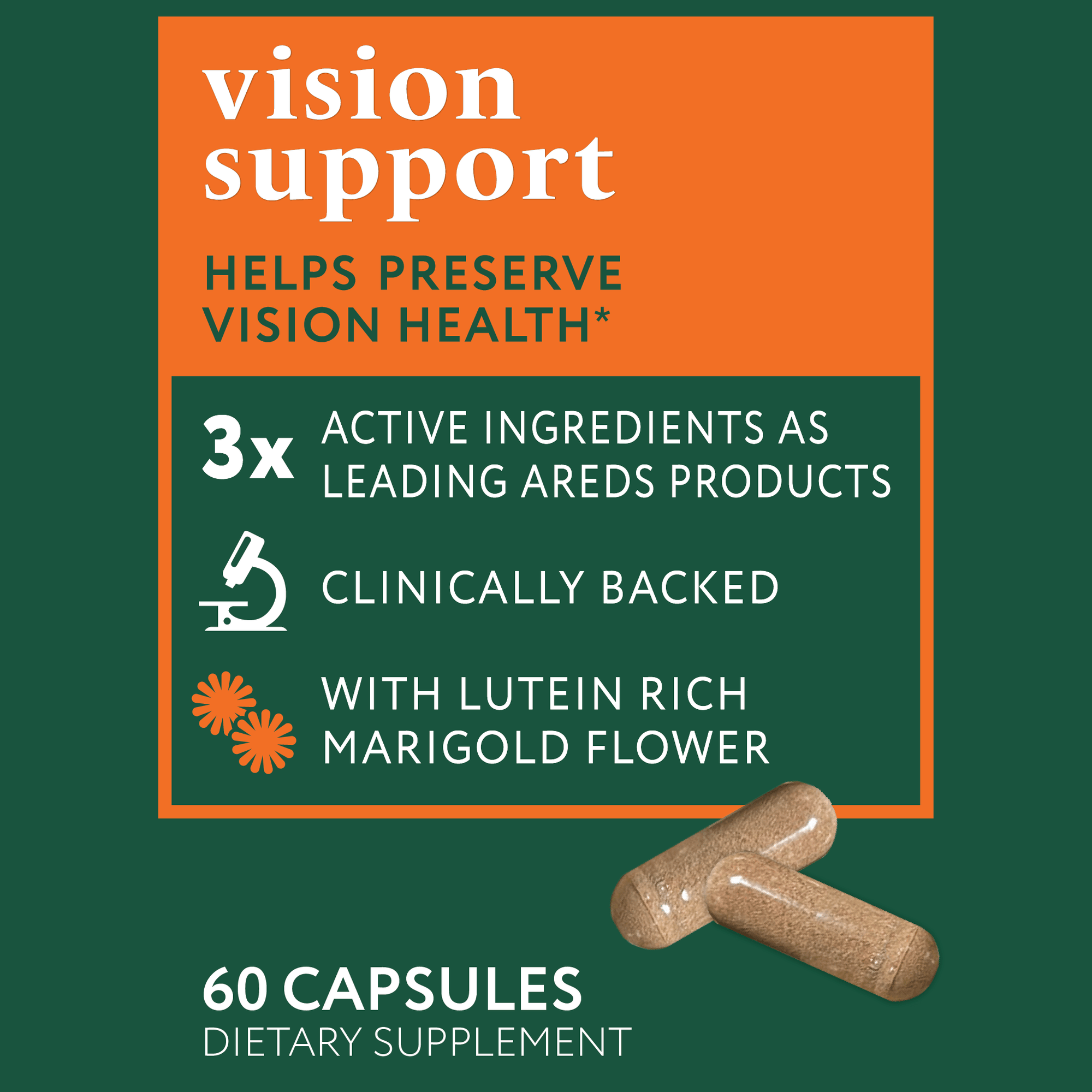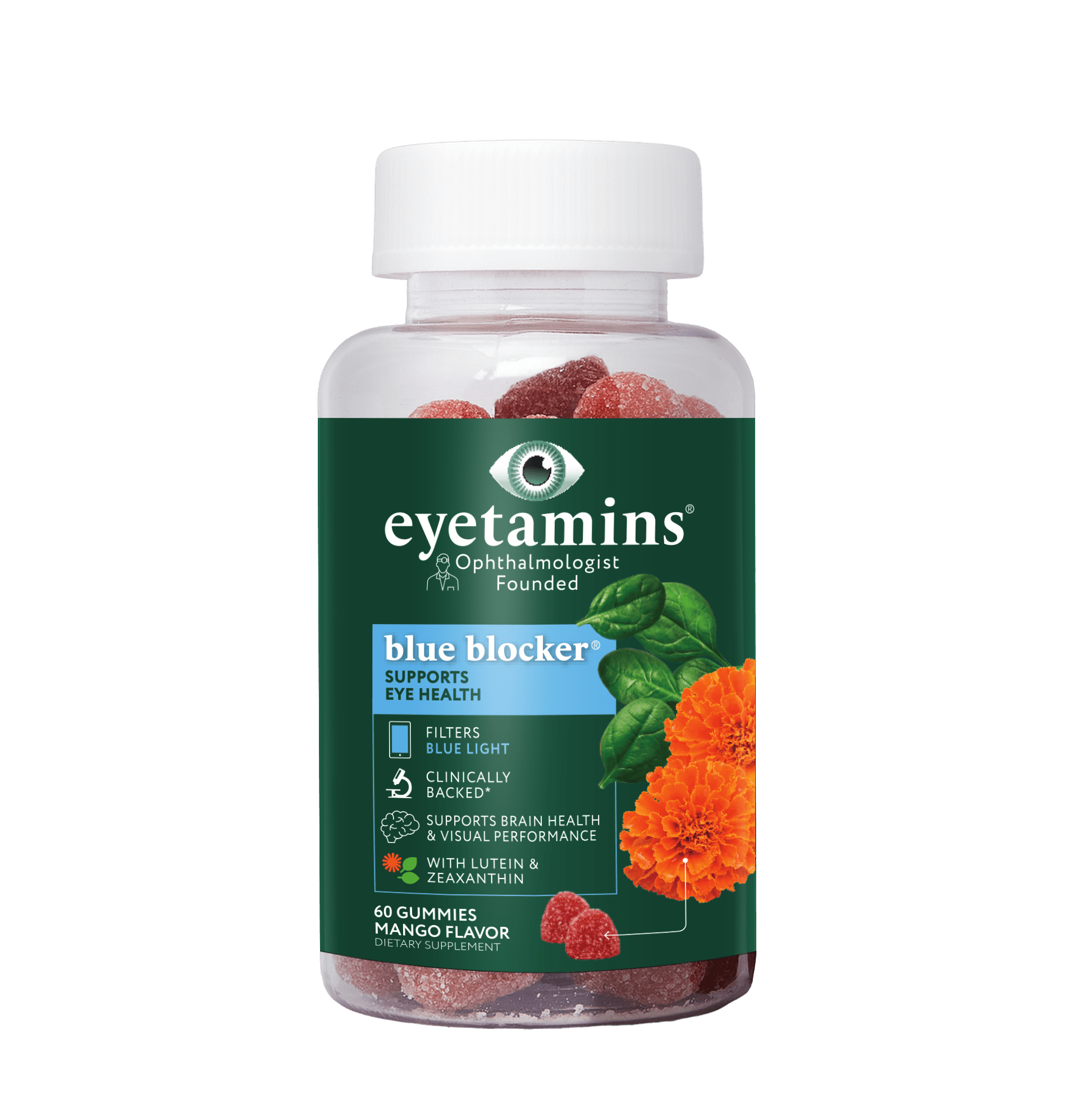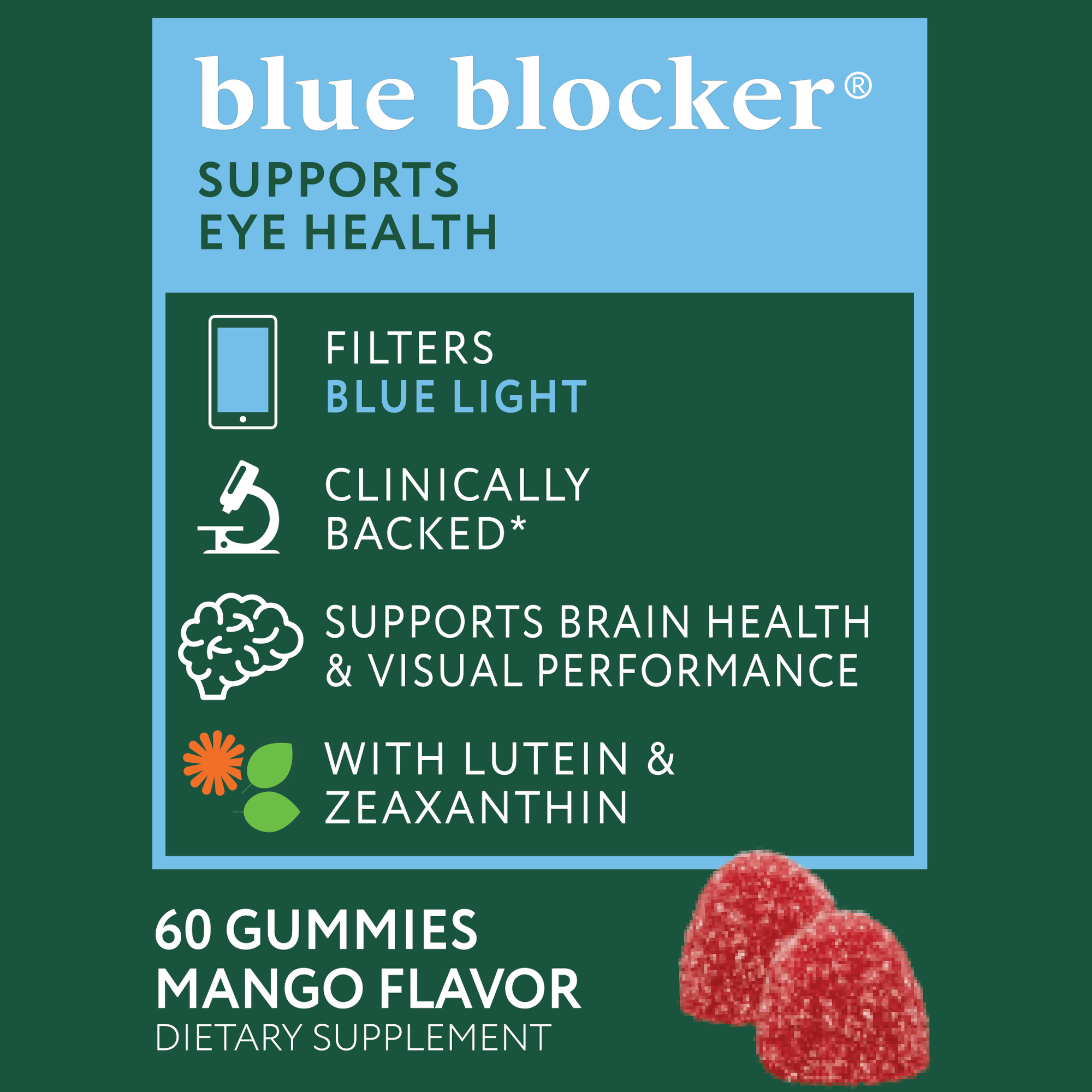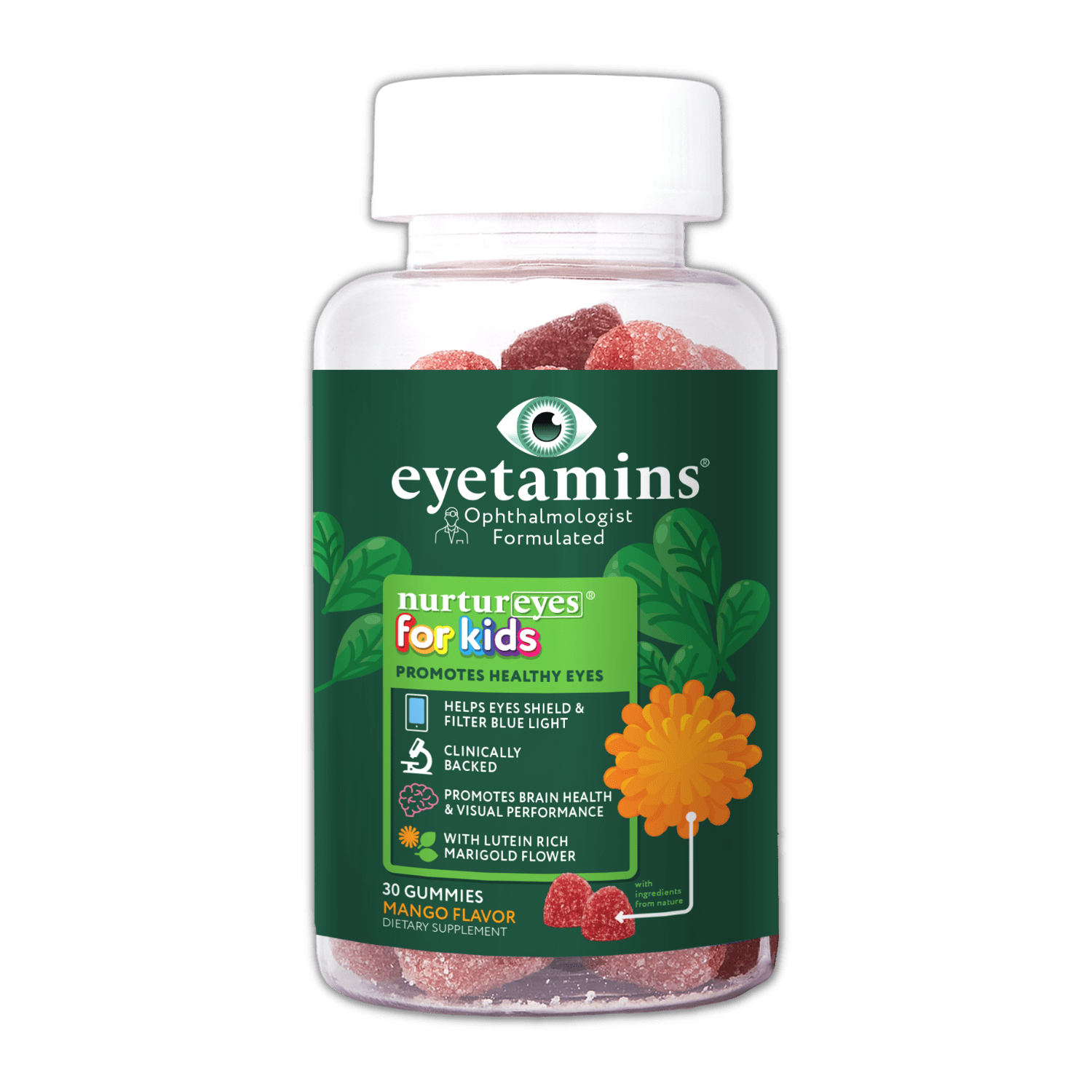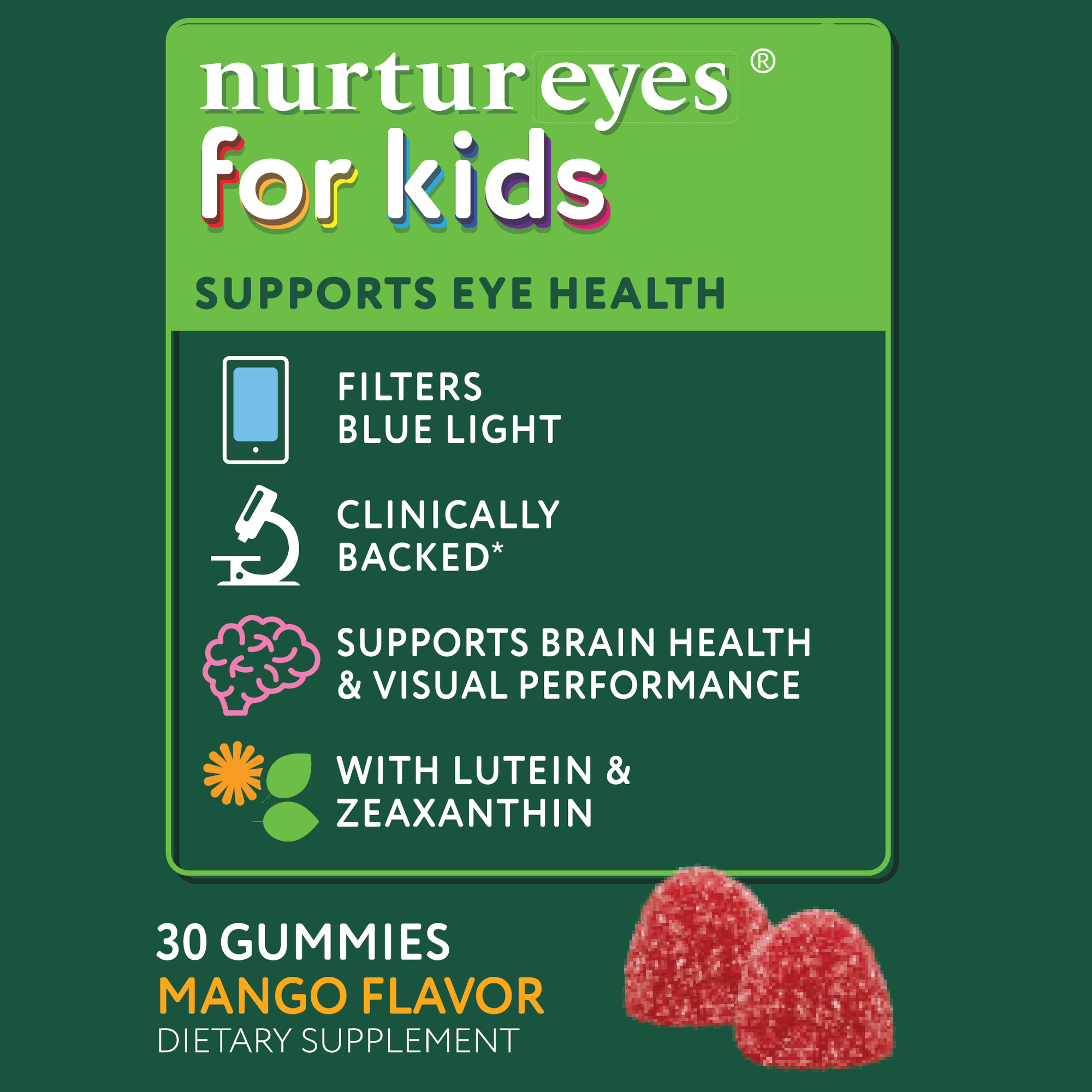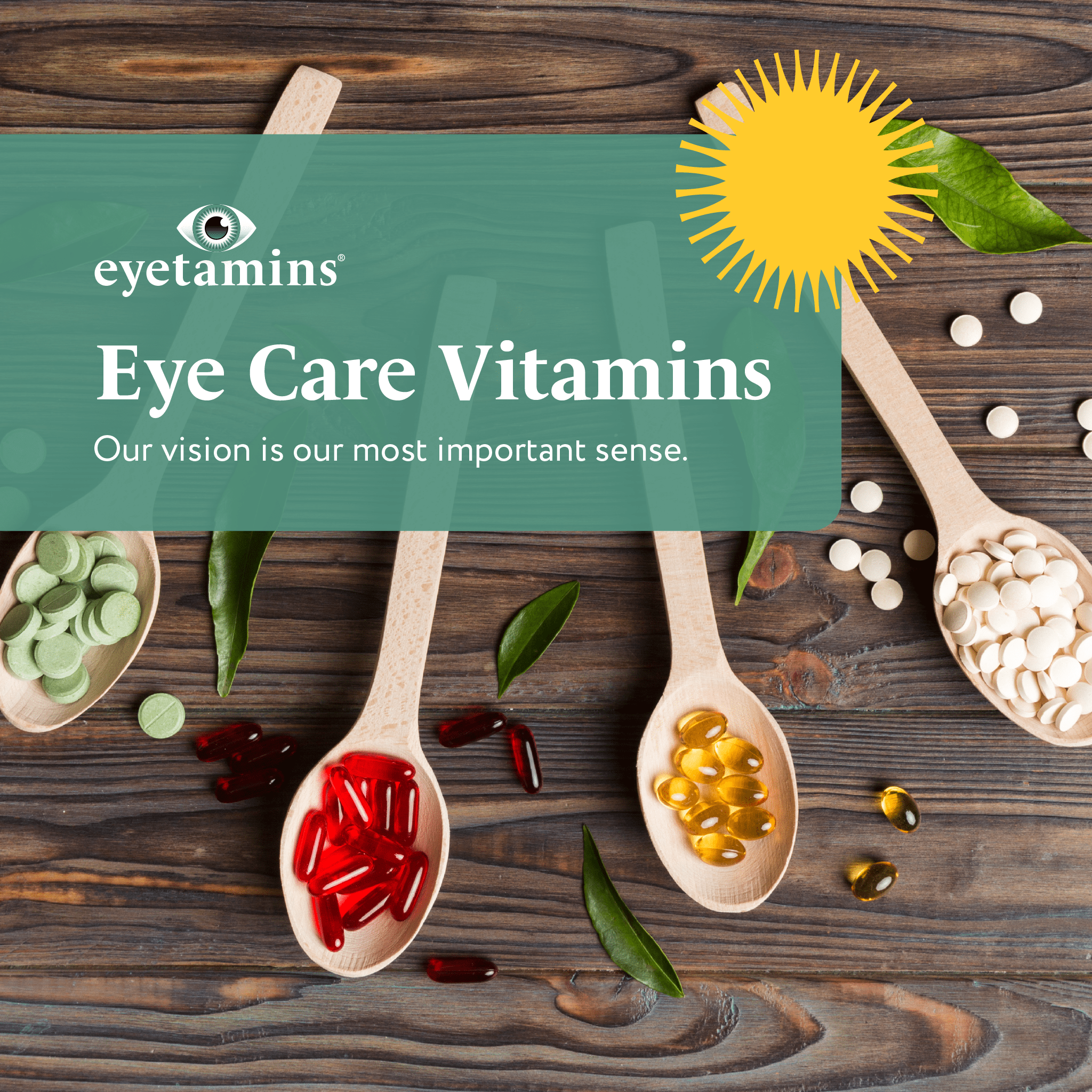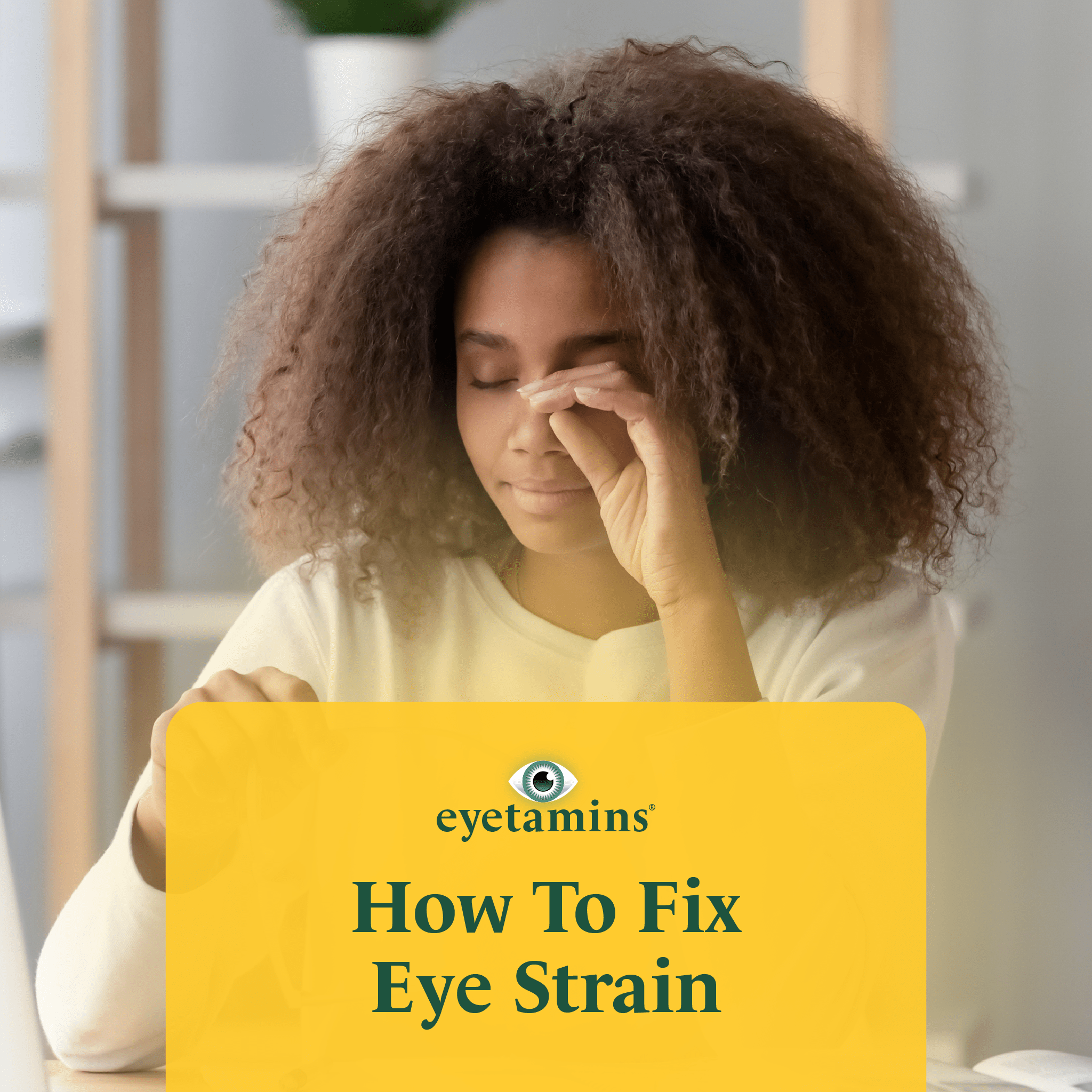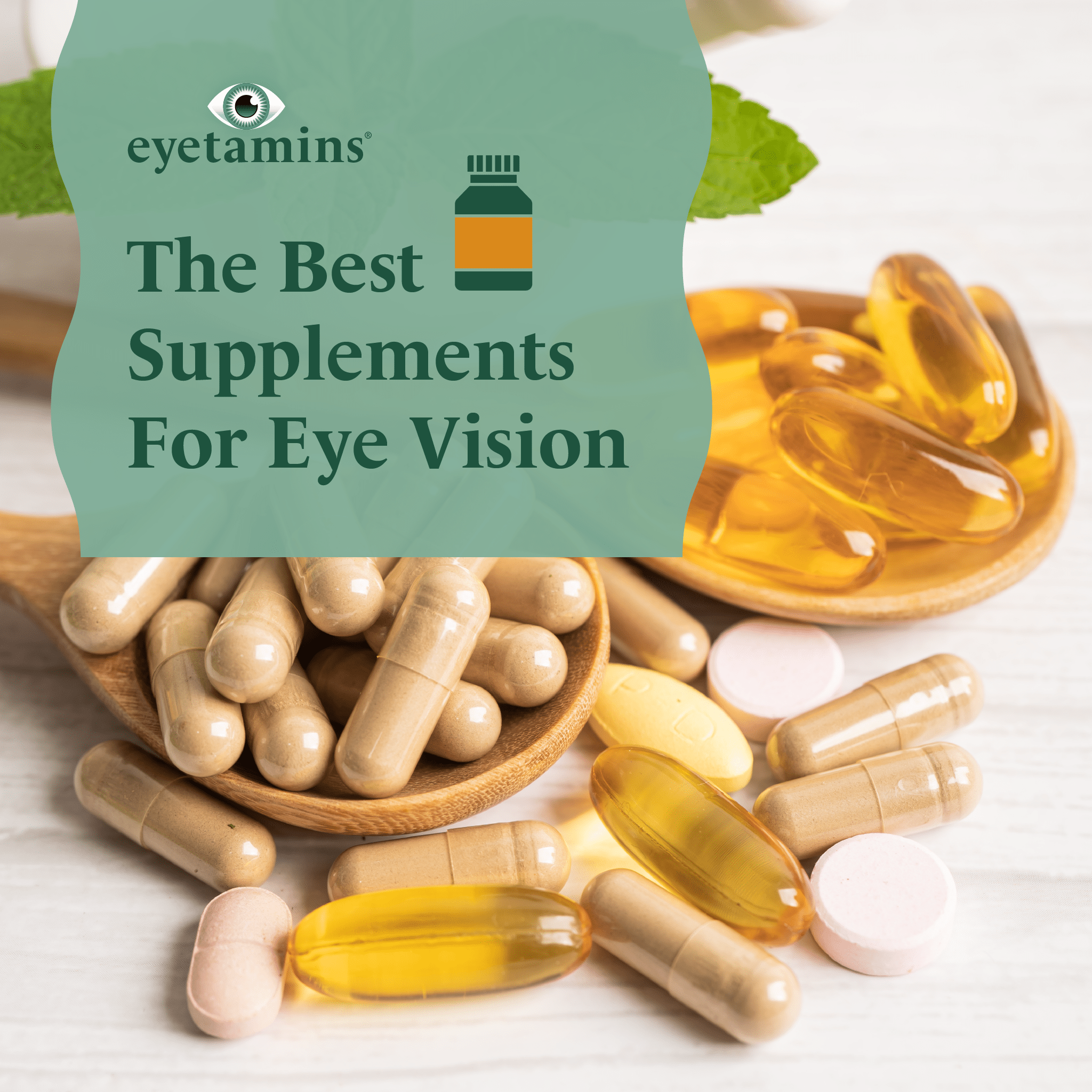· By Dr. Kaushal M. Kulkarni, M.D.
What to Know About Your Child's Eye Health
Being a parent is tough. You want your child to have it all - to do well at school, enjoy extra-curricular activities that stretch their mind while developing meaningful relationships with others.
All of this, however, is not possible without good health. In fact, your child's physical and mental well-being should be a top priority. This is especially true when it comes to eyesight, as it significantly impacts every other aspect of his or her life. Luckily, eyetamins is here to help.
Below is all you need to know about your child’s eye health.

Children’s Eye Health
Because children cannot communicate effectively, many parents do not realize that their child has an issue with his or her eyesight. Indeed, children themselves are often not aware that they have a problem with their eyes, even if they can describe it.
Little wonder then that around 20% of school-aged children have an undiagnosed vision problem, which could have been prevented if detected earlier. If in doubt, make an appointment with a pediatric ophthalmologist or your family doctor and undergo a thorough eye examination.
Need more help? Check out this video which reveals 8 warning signs of vision problems in children.
Eye Problems in Children
A whole host of problems can afflict your child’s eyes. Many of them are relatively benign or easily treatable, however, others can be quite serious, leaving your child with permanent visual impairment or even blind. Here are some of the most common:
- Amblyopia: Also known as lazy eye, Amblyopia is a condition in which one or both eyes do not develop normal vision due to various factors that cause the visual part of the brain to function abnormally. It can lead to long-term vision problems.
- Childhood Tearing/Epiphora: Epiphora is the term for excessive tearing. Childhood epiphora is often noted soon after birth.
- Pediatric Cataract: A cataract is a cloudiness or opacification of the normally clear lens of the eye. Depending on the size and location, the cataract can interfere with light passing to the retina and cause blurred vision. Early detection is critical in infants in order to restore normal visual development.
- Strabismus (Crossed Eyes): Strabismus is the term for the misalignment of the eyes in which an eye may be turned inward, outward, upward or downward. Strabismus in children can result in a lazy eye and cause permanent loss of vision if treatment is delayed.
- Cortical Visual Impairment: Cortical visual impairment (CVI) is vision loss due to any abnormality of the visual center in the brain.

How to Help Your Child’s Eye Health Naturally
Helping your child’s eye health is easy. In fact, many of these steps have benefits for your child above and beyond simply their sight.
- Eat healthy, nutritious food both during your pregnancy and after. This will lay a good foundation for your child’s health, besides setting a good example.
- Encourage your children to go outside and exercise as this develops hand-eye coordination - alongside helping them stay healthy (and happy)!
- Provide sun protection when outdoors and make sure they always wear good-quality sunglasses with the CE mark.
- Purchase visually stimulating toys and games.
- Avoid excessive amounts of screen time.
Here are three more tips for improving a child’s visual performance.
Vitamins for Children’s Eye Health
It is an age-old aphorism, but it could not be truer when it comes to a child’s eye health: prevention is always better than cure. Fortunately, vitamins have been specifically developed by eyetamins to help maintain healthy eyes in children.
The main nutrients to look out for are Lutein, Zeaxanthin, and Meso-Zeazanthin. They are clinically proven as essential for our cells to work and are critical for children’s healthy growth, energy, vision, bone development and attention, learning, memory, and behavior.
Child Eye Problems Symptoms
With the right know-how, many vision problems can be spotted easily. Call your family doctor or pediatrician if you notice any of the following:
- That your child's eyes are often red
- Look different than usual
- Make excessive amounts of tears
- Don't line up or move together
- Look crossed (after 6 months of age)
- Have pupils that are different sizes, are an abnormal color or have changed color
If your child is older, any of these signs can indicate a problem.
- They complain of eye discomfort
- Rub their eyes a lot
- Seem very sensitive to light
- Have trouble focusing on or following objects
- Cannot see objects at a distance
- Struggle to read the blackboard
- Squinting
- Trouble with reading
- Sit too close to the TV
- Headaches
Here is a child’s guide to an eye examination.
People Also Ask:
1. How do I know if my child has vision problems?
Signs that your child has a problem with their vision include vocal complaints and tiredness. Abnormal eye rubbing or blinking, and a short attention span.
2. How do I know if my child needs glasses?
There are numerous signs that your child might need glasses. Squinting, frequent headaches or nausea, covering one eye, struggling to read, eye rubbing, clumsiness, sitting too close, tilting the head, and excessive tearing are the main ones.
3. How can children keep their eyes healthy?
Provide nutritious meals with fruits, vegetables, nuts, and plenty of nutrients! These superfoods are packed with key antioxidants and nutrients, such as vitamin C, vitamin E, zinc, omega-3 fatty acids, and lutein.
4. What is the normal vision for a child?
5 year-olds can normally see 20/25 or better.
6. How can I test my child’s eyesight at home?
Print out or purchase a vision chart and use it as you would at an optician. But be advised: testing is a subjective matter. Children can often give up at a certain point in the test due to a loss of concentration.
Conclusion
Remember to ensure that your child has a healthy, balanced diet, performs plenty of exercises, and takes the right vitamins and you should have one less thing to worry about as a parent!

